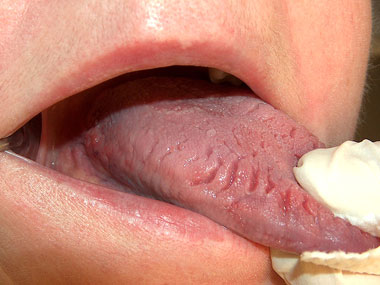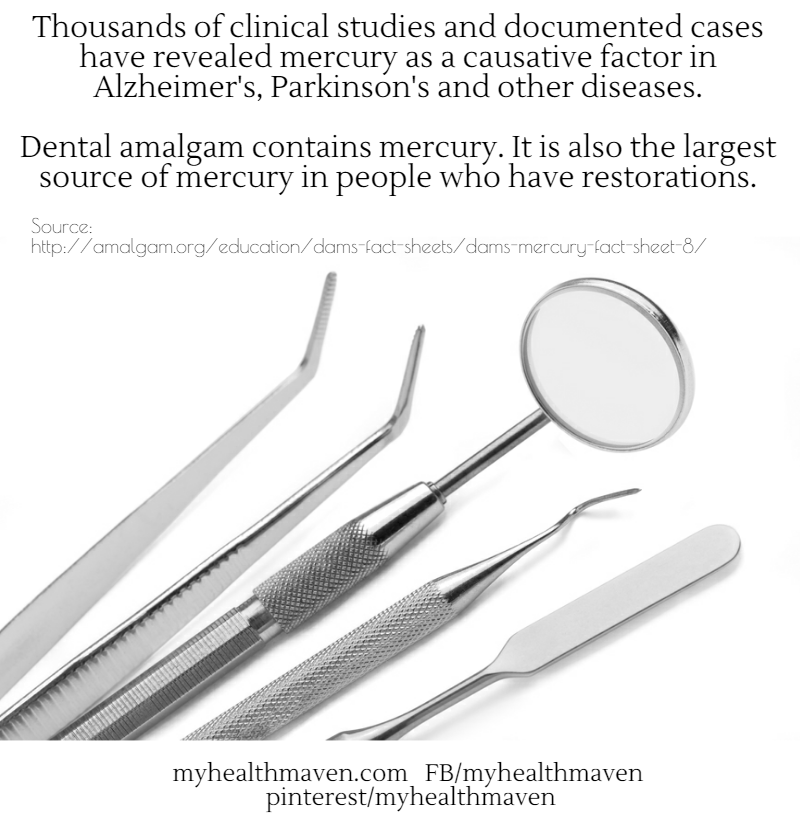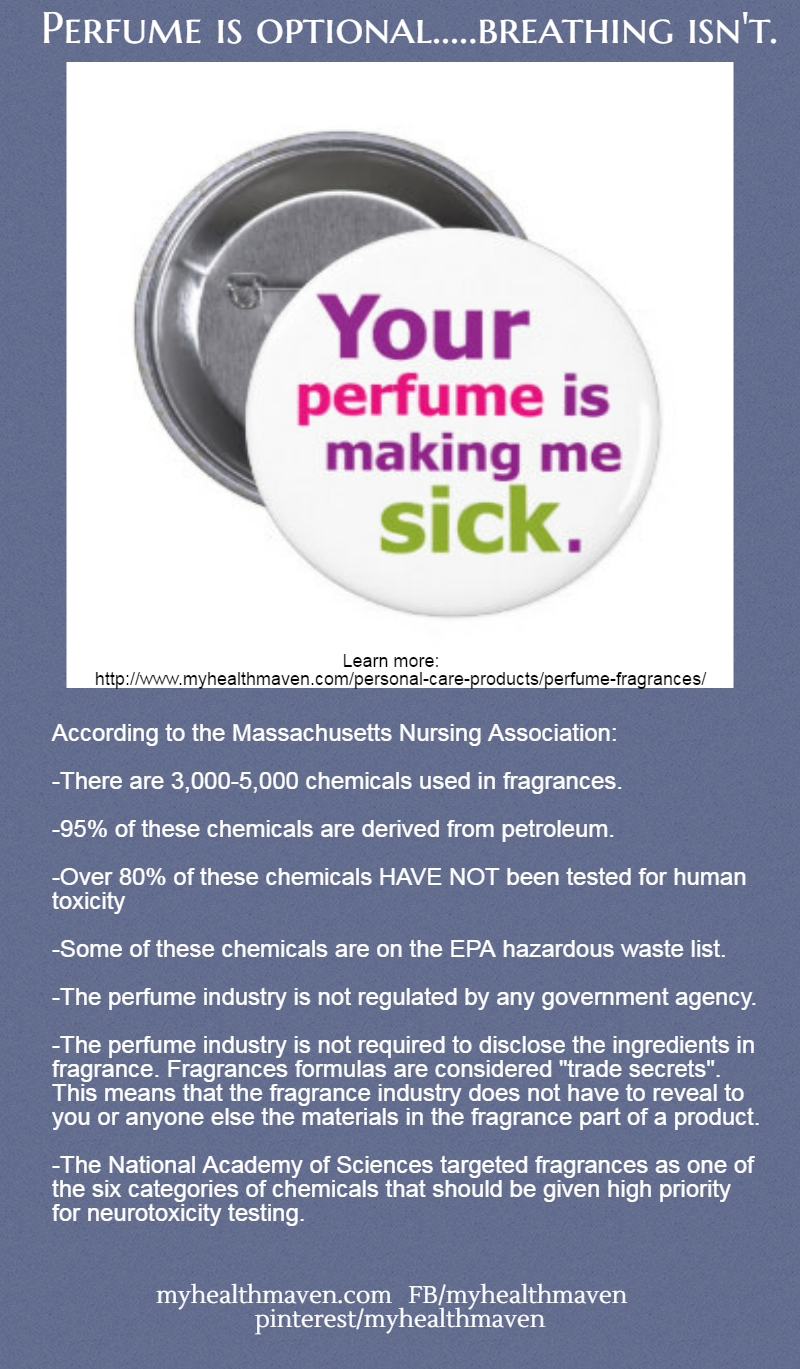Over the years the number of additives to our foods has greatly increased. If our great grandparents could look at the food on store shelves today, there’s no way they would recognize these “products” as foods.
1. Ammonium Sulfate is most commonly used as an artificial fertilizer for alkaline soils, in the production of circuit boards flame retardants, rug and upholstery cleaners. This additive is also used in the Dtap vaccine. It is considered a general food additive in baking as it helps yeast to rise.
What the concern: Can cause mouth ulcers, nausea, kidney and liver problems.
2. Sodium Benzoate /Potassium Benzoate these preservatives prolong shelf life of processed foods.
What’s the concern: They can cause allergic reactions such as hives, asthma. When they come in contact with ascorbic acid (vitamin C) they form a known carcinogen-benzene.
3. Caramel Coloring is found in baked goods, pre cooked meats, soy sauce, Worcestershire sauces, chocolate products, flavored products, colas, beer.
What’s the concern: 2-methylimidazole and 4- methylimidazole contaminants found in this coloring are linked to liver, lung and thyroid cancer.
4. Carrageenan This red seaweed is found in numerous products such as yogurt, whipping cream, ice cream, cottage cheese, chocolate, prepared foods such as canned soups, microwave dinners, pizza crusts and drinks such as slim fast or carnation instant breakfast.
What’s the concern: According to Dr. Joanne Tobacman MD, associate professor of clinical medicine at the University of Illinois School of Medicine at Chicago states “Carrageenan predictably causes inflammation, which can lead to ulcerations and bleeding,” She goes on to say that her previous work showed a concerning connection between carrageenan and gastrointestinal cancer in lab animals, and she’s involved with ongoing research funded through the National Institutes of Health that is investigating carrageenan’s effect on ulcerative colitis and other diseases like diabetes. If that doesn’t concern you it’s also used to de-ice planes.
To read the 34 page report about carrageenan from the Cornucopia Institute click here: http://www.cornucopia.org/wp-content/uploads/2013/02/Carrageenan-Report1.pdf
5. Ethylenediaminetetraacetic acid (also known as Disodium EDTA) is a preservative found in many foods. It functions by binding to metal contaminants that cause food to breakdown or decompose. EDTA keeps food from going bad too quickly. It is also used in heart disease treatment, lead and digitalis poisoning and metal removal from soil.
What’s the concern: Disodium EDTA depletes your body of vitamin C, magnesium, iron, calcium, zinc and potassium.
6. Guar Gum is an emulsifier / thickening agent that is made from ground guar beans. It is used in products such as cottage cheese, yogurt, soups, beverages, frozen desserts and some pharmaceuticals . Guar gum has the potential to expand up to 20 times its original size. Marketed as a weight loss additive, but can cause GI issues.
What’s the concern: Since it is high in soluble fiber, it also robs the body of micronutrients such as beta carotene, lycopene and lutein. It can also cause GI issues, and can block the absorption of other substances.
7. Pectin is made from citrus fruits and is used to thicken jam, jelly, fruit juices, candies. Although it is not toxic like some other additives.
What’s the concern: Like guar gum it also robs the body of micronutrients such as beta carotene, lycopene and lutein
8. Sodium Nitrite is a salt that is added to foods as a preservative, to prevent bacterial contamination. It is found in meats.
What’s the concern: According to the Food Chemical Index 3rd edition, National Academy of Sciences, synthetic sodium nitrate can contain residual heavy metals like lead and arsenic.
9. Partially Hydrogenated Oils-Hydrogen is combined with oil to create a more shelf stable product. Commonly found in processed foods such as breads, crackers, doughnuts and frozen foods.
What’s the concern: It also creates trans fat, which raises LDL cholesterol and lowers HDL which unfortunately increases the risk for asthma, various cancers, depression, diabetes and obesity, as well as increasing the risk of cardiovascular disease and heart attacks by 50%.
10. Monoglyceride and Diglyceride these food additives are emulsifiers which allow fat and water to mix smoothly, which as with hydrogenated oil extends the shelf life of processed foods. They are created in a similar fashion to trans fats, but since they are considered emulsifiers, not lipids they don’t fall under the FDA labeling requirements that hydrogenated oils do.
What’s the concern: With this FDA loophole, foods that contain these ingredients can be labeled as containing zero trans fat. As mentioned in #9 above the health concerns are the same.
11. Sulfites (such as sodium sulfite, sulfur dioxide, sodium bisulfate and calcium sulfite) Sulfites can be found in beer, corn syrup, potatoes, shrimp, vinegars and wine.
What’s the concern: Doctors warn individuals with asthma and allergies to avoid sulfites; they can cause abdominal pain, dizziness, drop in blood pressure, itching, indigestion, rash, severe headaches, anaphylactic shock and death.
References:
Original list found in Dr. Jayson Calton and certified nutritionist Mira Calton’s new book, Rich Food, Poor Food.
http://www.aluminumsulfate.net/Ammonium-Sulfate.html
http://www.rodale.com/carrageenan-side-effects
http://www.cornucopia.org//?s=carrageenan&x=32&y=11
http://www.cornucopia.org/wp-content/uploads/2013/02/Carrageenan-Report1.pdf
http://www.drugs.com/npp/guar-gum.html
http://www.zhion.com/phytonutrients/Guar_gum.html
https://www.verywell.com/
http://www.drweil.com/drw/u/QAA401181/Is-Carrageenan-Safe.html








